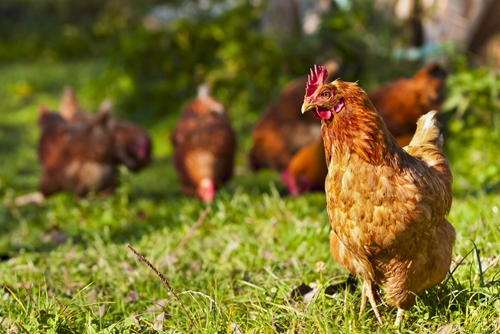
FAQs: Urban Homesteading
Have you heard of urban homesteading? If you’re an environmentalist with a penchant for organic food, crafting, recycling and all things homemade, this movement is right up your alley. Urban Agriculture Australia defines urban homesteading as a suburban or urban lifestyle that includes a number of DIY activities.
No matter where you live – whether you’re in a busy city or a small rural town – homesteading is both possible and positively enjoyable. All you need to get started with this increasingly popular lifestyle is a keen eye for research and a healthy dose of energy – beginning is half the battle!
Who can be an urban homesteader?
In a word, anyone! However, your individual home may lend itself to certain aspects of this lifestyle more than others. For example, some people may live in towns that allow for the keeping of chickens, while other municipalities may have restrictions against doing so. If you life in an apartment, you may be more likely to grow herbs and small vegetables in container gardens than to harvest 100 per cent of your fruits and veggies yourself.
What are some activities associated with urban homesteading?
There are a number of DIY activities that you may be interested in pursuing. The overarching goal of urban homesteading is to make your home more self-sufficient, frugal and independent, so anything you can make, grow or do yourself is consistent with the principles of the lifestyle.
Raising chickens: This activity is well-correlated with urban homesteading. As we mentioned before, you may not be able to participate in this particular activity if you live in a city or town that disallows it. However, as long as your zoning codes don’t prohibit the keeping of chickens, you can get free eggs and a few new pets if you’re up for it!
Growing produce: Grow your own veggies (and fruits, if possible!) at home, and use reusable produce bags to transport them when necessary. If possible, you may want to grow your produce organically.
Keeping bees: Many urban homesteaders either keep bees themselves or plant bee-friendly plants for local honeybees to enjoy.
Home brewing: Many people participating in the movement brew their own beer, wine and spirits at home.
Making soap and cleaning products: It’s easy to make your own laundry detergents, soaps and lotions at home using essential oils, baking soda, castile soap and other natural products.
Other activities commonly associated with urban homesteading include sewing one’s own clothes, composting, foraging and crafting.
How do I get started?
Urban Agriculture Australia recommends surveying your homestead and determining a list of actions you can take around your home to ease yourself into urban homesteading. After you’ve made a realistic plan, add activities one by one until you’ve accomplished a more independent lifestyle. Don’t overwhelm yourself or your family by jumping into the movement too quickly.


